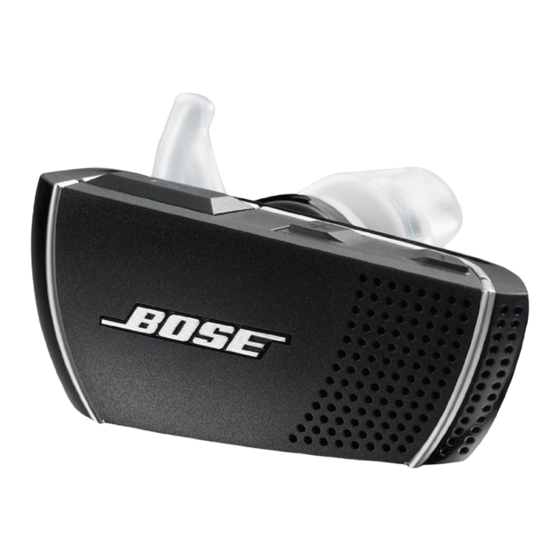Important Safety Information
equipment generates, uses, and can radiate
radio frequency energy and, if not installed and
used in accordance with the instructions, may
cause harmful interference to radio communi-
cations. However, this is no guarantee that
interference will not occur in a particular
installation. If this equipment does cause
harmful interference to radio or television
reception, which can be determined by turning
the equipment off and on, you are encouraged
to try to correct the interference by one or
more of the following measures:
• Reorient or relocate the receiving antenna.
• Increase the separation between the
equipment and receiver.
• Connect the equipment to an outlet on a
different circuit than the one to which the
receiver is connected.
• Consult the dealer or an experienced radio/
TV technician for help.
Note: Unauthorized modification of the
receiver or radio remote control could
void the user's authority to operate this
equipment. This product complies with
the Canadian ICES-003 Class B
specifications.
16. Do not let objects or liquids enter the
product – as they may touch dangerous
voltage points or short-out parts that could
result in a fire or electric shock.
17. See product enclosure for safety
related markings.
18. Use proper power sources – Plug the
product into a proper power source, as
described in the operating instructions or as
marked on the product.
19. Avoid power lines – Use extreme care
when installing an outside antenna system to
keep from touching power lines or circuits,
as contact with them may be fatal. Do not
install external antennas near overhead
power lines or other electric light or power
circuits, or where an antenna can fall into
such circuits or power lines.
4
20. Ground all outdoor antennas – If an
external antenna or cable system is con-
nected to this product, be sure the antenna
or cable system is grounded. This will pro-
vide some protection against voltage surges
and built-up static charges. Section 810 of
the National Electrical Code ANSI/ NFPA No.
70 provides information with respect to
proper grounding of the mast and supporting
structure, grounding of the lead-in wire to an
antenna discharge unit, size of grounding
conductors, location of antenna-discharge
unit, connection to grounding electrodes,
and requirements for the ground electrode.
Refer to the antenna grounding illustration on
this page.
Antenna grounding
Example of antenna grounding as per Nation-
al Electrical Code, ANSI/NFPA 70.
Electric service equipment
Note to CATV system installer
This reminder is provided to call the CATV sys-
tem installer's attention to Article 820-40 of the
NEC (of USA) that provides guidelines for
proper grounding. In particular, it specifies that
the cable ground shall be connected to the
grounding system of the building, as close to
the point of cable entry as is practical.
Antenna lead in wire
Antenna discharge unit
(NEC Section 810-20)
Grounding conductors
(NEC Section 810-21)
Ground clamps
Power service grounding
electrode system

